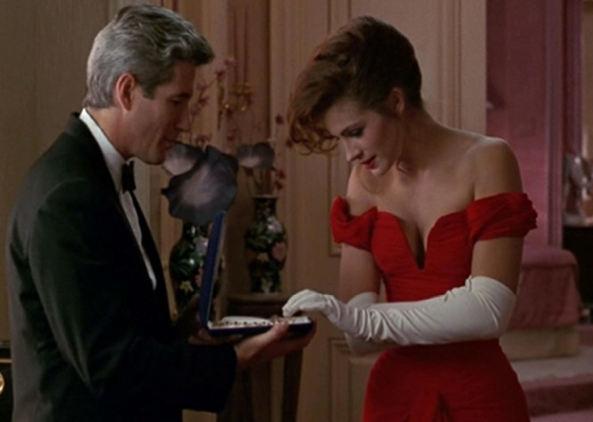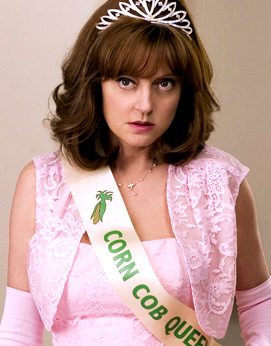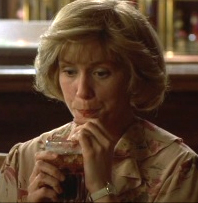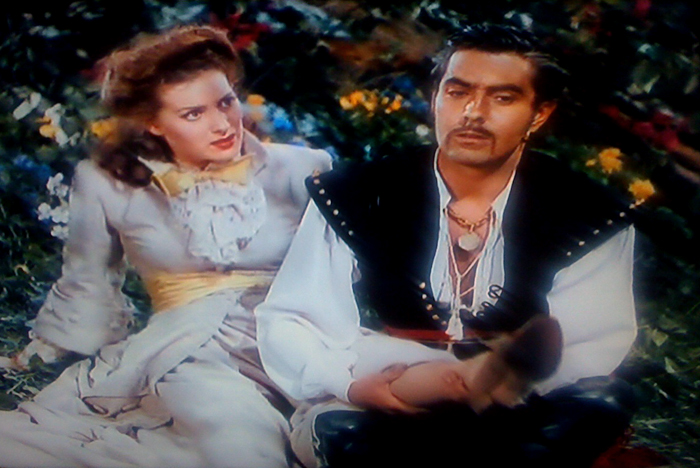TIFF: A Funny Man, Love and Bruises,... Anatolia
 Friday, September 16, 2011 at 7:09PM
Friday, September 16, 2011 at 7:09PM  Amir, here, back with more coverage of new TIFF films. The Toronto International Film Festival is winding down but luckily I have a couple of big name movies still scheduled. Here's a few from the last two days.
Amir, here, back with more coverage of new TIFF films. The Toronto International Film Festival is winding down but luckily I have a couple of big name movies still scheduled. Here's a few from the last two days.
ONCE UPON A TIME IN ANATOLIA (Nuri Bilge Ceylan)
This Cannes grand prix winner is a slow-paced police procedural in which a doctor, a prosecutor and a group of other police agents drag an alleged murderer along with them in the rural Anatolia region of Turkey so he can show them where he’s hidden his victim’s body. More than half of this gorgeously shot film is spent during the night and I for one wished the morning never came. Gokhan Tiryaki’s impeccable lighting and the varied range of shots he creates in the limitless but monotonous locale of the film easily tops my personal list of best cinematography of the year.
There’s more to the film than the actual nightly search as Ceylan gives us indications that we should question the nature of the crime. Supernatural observations, spirituality and religious themes of guilt and faith all play a part in this hypnotic film. At two and a half hours, Anatolia won't be for everyone, but if you’re willing to go along with Ceylan’s delicate look into the social structure of Turkey and his humanistic approach to this crime tale, the end result is incredibly rewarding.
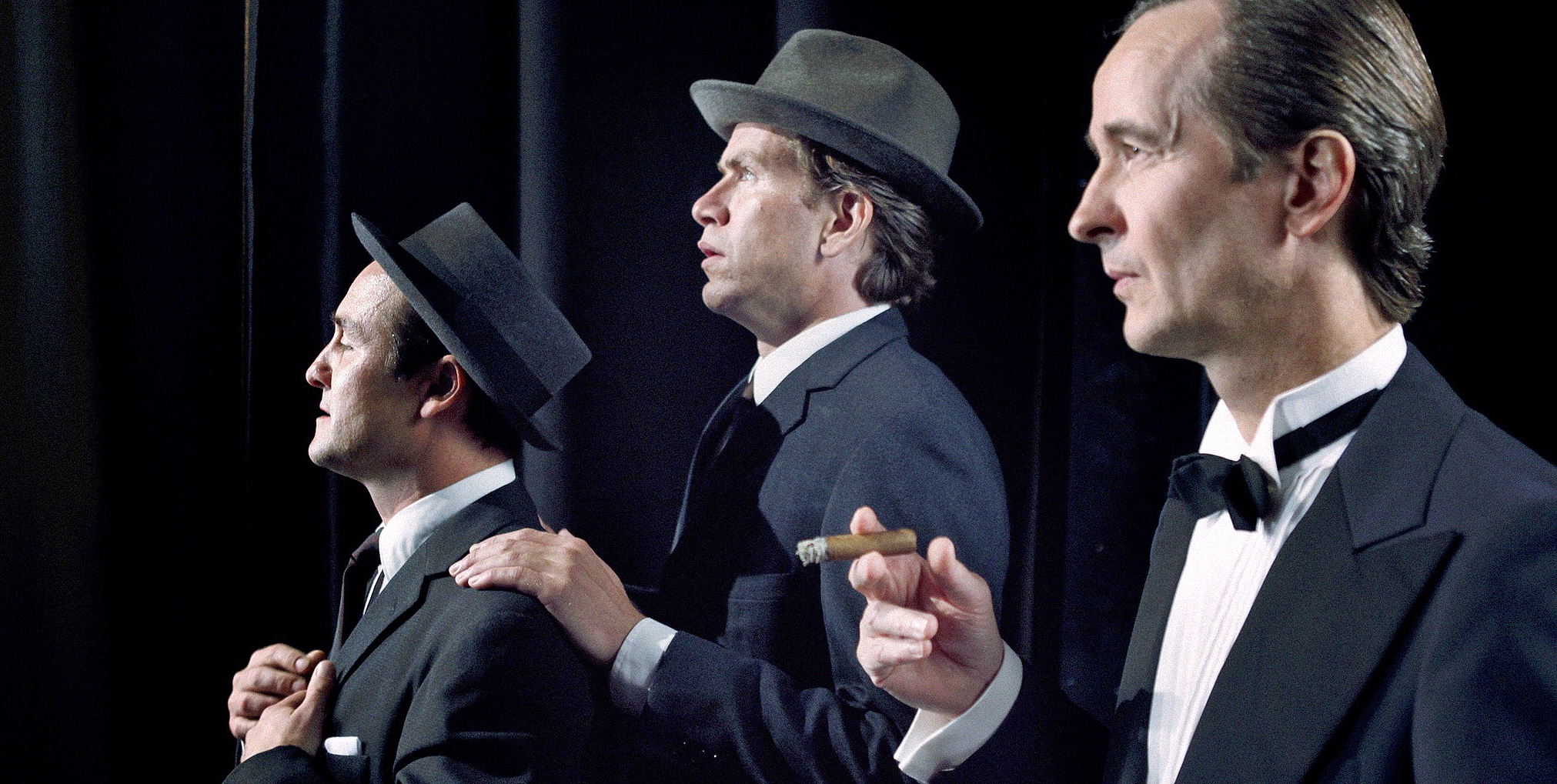 The cast of "A Funny Man" (Nikolaj Lie Kaas in the center)
The cast of "A Funny Man" (Nikolaj Lie Kaas in the center)
LOVE & BRUISES (dir. Lou Ye)
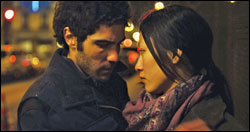 Rahim tries but the script gives him very little to work with. Worse still, the film gives us a whopping total of ZERO reasons to like Hua’s character who’s inexplicably adored by almost every man she meets. Though, I'd add that my reasons for disliking Hua all relate to how flatly written the character is which is entirely different from the misogynistic reasons the film itself seems to hate her. Lest you think sexism is the film’s only fault, its on-the-nose depiction of social class division is surprisingly even more distasteful. I’d give this film a straight "F", but I’d probably listen to Peyman Yazdanian’s score out of context, so a "D-" would be fair.
Rahim tries but the script gives him very little to work with. Worse still, the film gives us a whopping total of ZERO reasons to like Hua’s character who’s inexplicably adored by almost every man she meets. Though, I'd add that my reasons for disliking Hua all relate to how flatly written the character is which is entirely different from the misogynistic reasons the film itself seems to hate her. Lest you think sexism is the film’s only fault, its on-the-nose depiction of social class division is surprisingly even more distasteful. I’d give this film a straight "F", but I’d probably listen to Peyman Yazdanian’s score out of context, so a "D-" would be fair.
CUT (Amir Naderi)
>Final Weekend: back-to-back screenings of Marjane Satrapi’s Persepolis follow-up and Andrea Arnold’s Wuthering Heights which has just been picked up for distribution (albeit in 2012), actressy musicals and Joachim Trier still to come.




